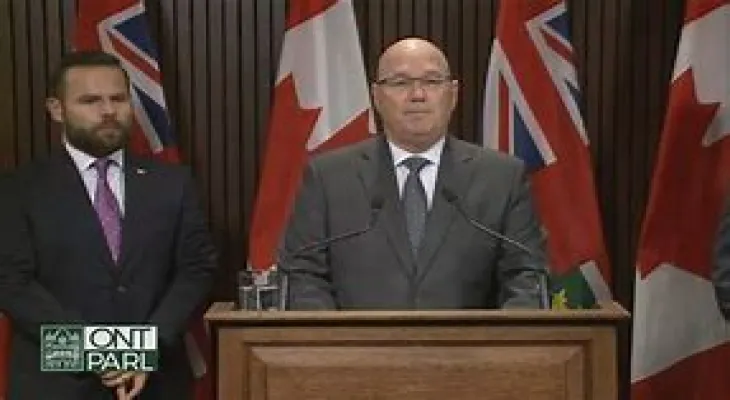Search here
Newspaper
Search here

Arab Canada News
News

Published: October 29, 2022
Bill 23 can change cities regarding the fees required for infrastructure and parks - there were no elections last year as housing affordability was not a hot issue, including the municipal elections in Ontario that took place last Monday.
No one went for anything too radical during the campaigns, but the moment the city election ended, the provincial government shocked municipal staff and newly elected councilors with sweeping legislation expected to be passed shortly. Cities are struggling to understand what Bill 23, known as the "More Homes Built Faster Act," means for them.
Municipal Affairs and Housing Minister Steve Clark said on Tuesday: They are sure of one thing, that the new Progressive Conservative government legislation cancels some of the powers that municipalities had to oversee their city planning, and this is necessary because local pressures demand it. It is almost impossible to increase the housing supply quickly enough.
Clark said earlier this week: Ottawa’s planning committee approved more than 4,500 units in one meeting, including 950 near wetlands. This in addition to 41,000 units previously approved by the committee,
but investors have not built anything, let alone the 69,000 homes that could be built on serviced land already ready to go. The province sets a target to build 151,000 new homes in Ottawa by 2031. And there has been no handling of how to actually make investors build many homes - a decision usually based on market forces such as interest rates and labor supply. But Ford's government seems ready to override several municipal rules to facilitate building. Here are four ways the province is confusing local authorities when it comes to approving new housing.
1. Housing at the expense of city amenities
2. Lower expenses for parks
3. Overriding R1 zoning
4. Cities have no say in design
Editor: Yousra Bamotarif
Comments